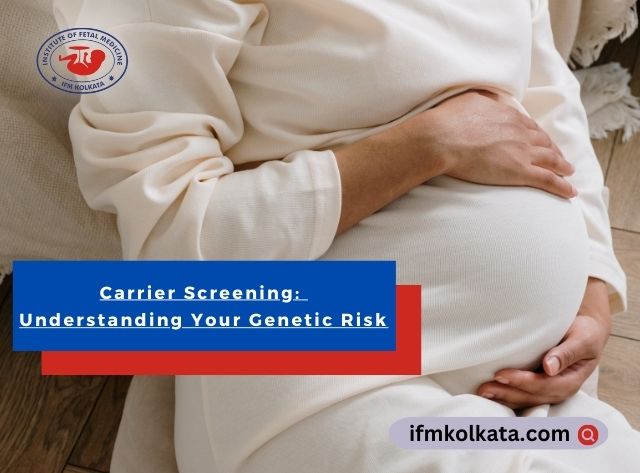Carrier screening is a type of genetic test that helps individuals and couples understand their risk of passing on genetic disorders to their children. It is particularly important for people with a family history of genetic conditions or those belonging to certain ethnic groups that have a higher prevalence of specific genetic mutations.
Carrier screening involves testing for genetic mutations that are inherited in an autosomal recessive manner, meaning that both parents must carry the mutation for the disorder to be passed on to their child. Conditions such as cystic fibrosis, Tay-Sachs disease, and sickle cell anaemia are commonly screened for, as these disorders can have a significant impact on a child’s health.
The test is typically performed through a blood or saliva sample, which is analysed to determine whether an individual carries any genetic mutations that could be passed on to their offspring. If both parents are found to be carriers of the same genetic mutation, there is a 25% chance that their child will inherit the disorder.
One of the main benefits of carrier screening is that it allows couples to make informed decisions about family planning. For example, if both partners are carriers of a genetic disorder, they may choose to pursue options such as IVF with preimplantation genetic diagnosis (PGD) to ensure that their child is not affected by the condition.
While carrier screening provides valuable information, it also has limitations. Not all genetic disorders are included in standard carrier screening panels, and the results may not always be straightforward. Additionally, the emotional impact of learning that one is a carrier of a genetic disorder can be challenging for individuals and couples.
Carrier screening is a valuable tool for understanding genetic risk and making informed family planning decisions. However, it is important to approach the results with the guidance of a genetic counsellor to fully understand the implications.

